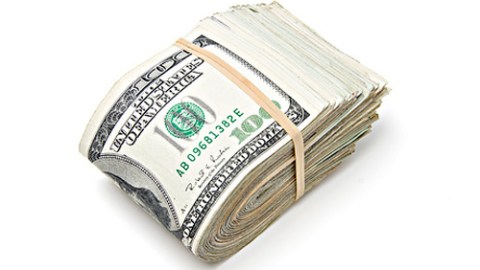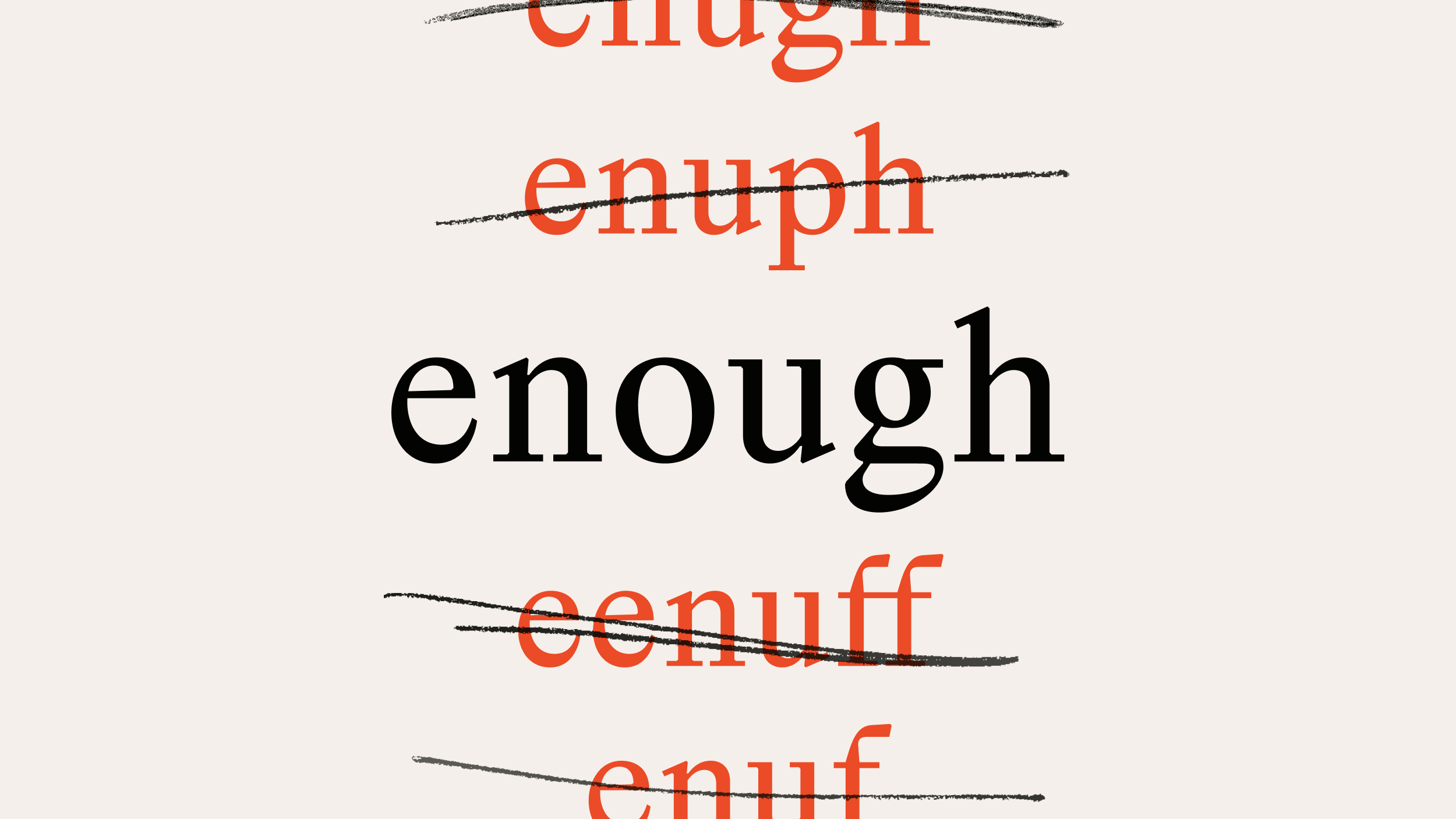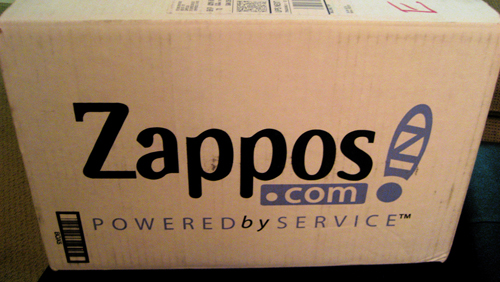Michael Mauboussin on the Psychology of Investing

Humans are hard-wired to make bad investment decisions, says Legg Mason Capital Management’s chief investment strategist, Michael Mauboussin. It’s in our nature to follow along with a bearish or bullish trend, even though history has shown that the best investors sell when everyone’s buying and buy when everyone’s selling.
Mauboussin also talks about how the media can affect investment decisions, saying that the coverage by stock pundits often can amplify trends. He refers to a study that was done with magazine cover stories, noting that “when the cover was really bullish and a company had done really well, not surprisingly because reversion to the mean, they tended to do much more poorly in subsequent periods. Likewise, if they had a negative cover story, they tend to do much better subsequently.”
Has the financial crisis made us more risk-averse? The S&P 500 has been down for the last ten years, so anybody that invested in that time has lost money. “That doesn’t feel good. So what people do is they either put it in cash and or cash balances are really high in America, or they buy bonds, right, fixed income, a little bit more boring, less racy, but it’s equivalent to having the dollar in your pocket.”





